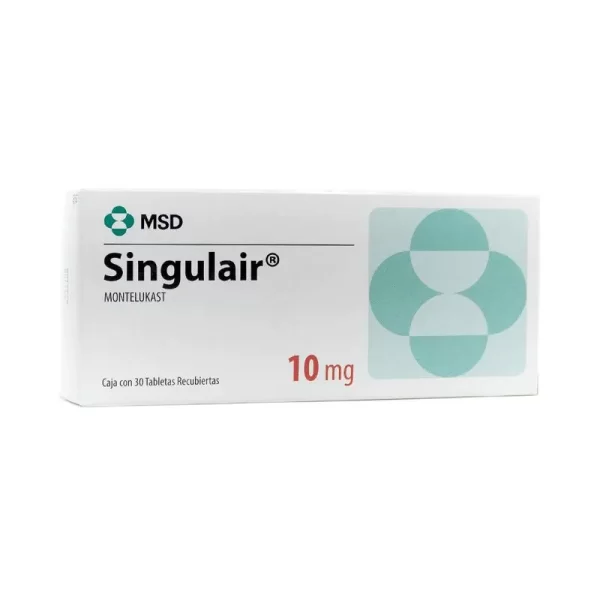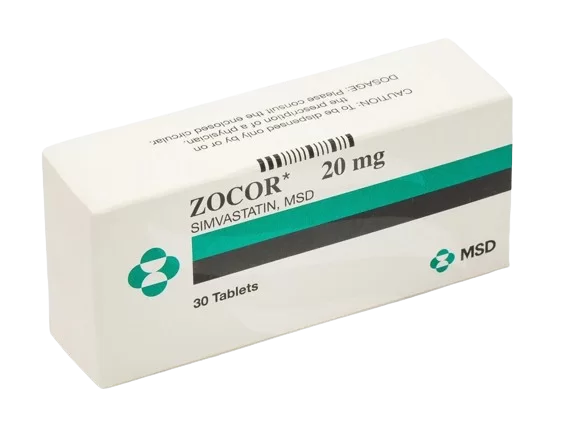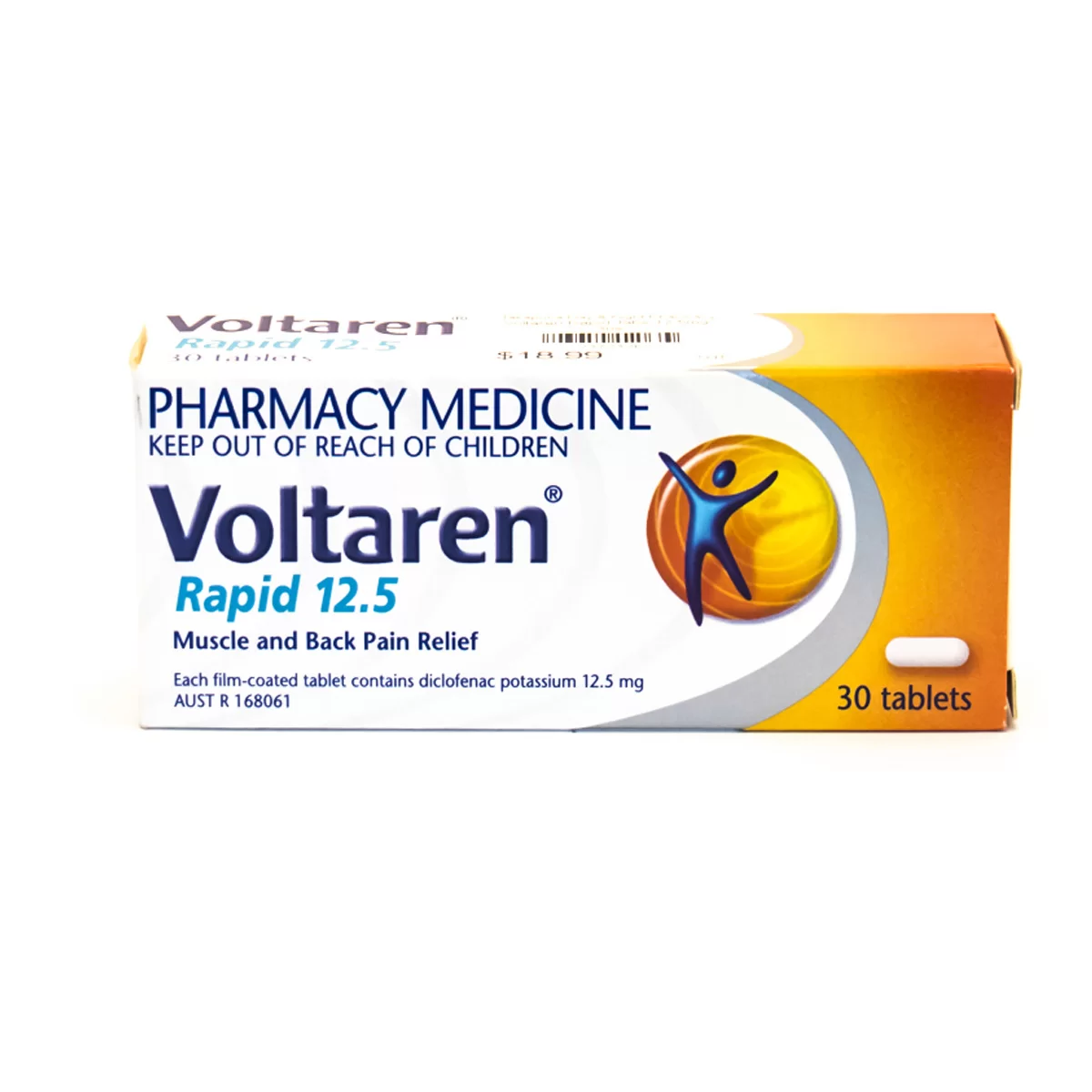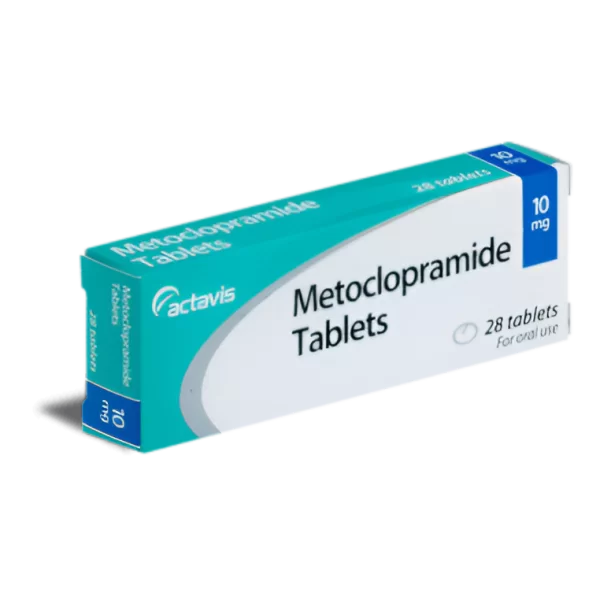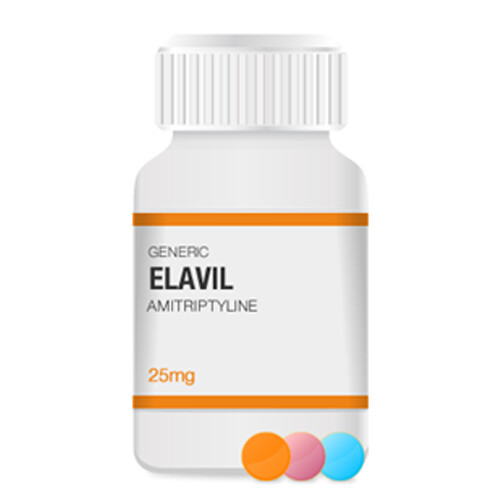
Elavil
Elavil - 75mg
| Product | Per Pill | Savings | Per Pack | Order |
|---|---|---|---|---|
| 90 pills | $1.03 | $92.48 | Buy Now | |
| 180 pills | $0.75 | $49.32 | $184.95 $135.63 | Buy Now |
| 270 pills | $0.66 | $98.64 | $277.43 $178.79 | Buy Now |
| 360 pills | $0.62 | $147.96 | $369.90 $221.94 | Buy Now |
Elavil - 50mg
| Product | Per Pill | Savings | Per Pack | Order |
|---|---|---|---|---|
| 30 pills | $1.47 | $43.97 | Buy Now | |
| 60 pills | $1.11 | $21.47 | $87.94 $66.47 | Buy Now |
| 90 pills | $0.99 | $42.94 | $131.91 $88.97 | Buy Now |
| 120 pills | $0.93 | $64.41 | $175.88 $111.47 | Buy Now |
| 180 pills | $0.87 | $107.34 | $263.82 $156.48 | Buy Now |
| 270 pills | $0.83 | $171.75 | $395.73 $223.98 | Buy Now |
Elavil - 25mg
| Product | Per Pill | Savings | Per Pack | Order |
|---|---|---|---|---|
| 30 pills | $1.07 | $32.06 | Buy Now | |
| 60 pills | $0.81 | $15.39 | $64.13 $48.74 | Buy Now |
| 90 pills | $0.73 | $30.78 | $96.19 $65.41 | Buy Now |
| 120 pills | $0.68 | $46.17 | $128.25 $82.08 | Buy Now |
| 180 pills | $0.64 | $76.95 | $192.38 $115.43 | Buy Now |
| 270 pills | $0.61 | $123.12 | $288.56 $165.44 | Buy Now |
| 360 pills | $0.60 | $169.29 | $384.75 $215.46 | Buy Now |
Elavil - 10mg
Overview of Elavil
General Introduction
Elavil, known by its generic name amitriptyline, is a tricyclic antidepressant (TCA) used to treat mental/mood disorders such as depression. It works by affecting the balance of certain natural chemicals (neurotransmitters such as serotonin) in the brain. Elavil is also prescribed for chronic pain management, anxiety, and certain types of nerve pain. It is available in tablet form, making it convenient for long-term use.
History of Development and Approval
Elavil was developed by Merck and first approved by the U.S. Food and Drug Administration (FDA) in 1961. Since its introduction, it has been widely used due to its effectiveness in managing depression and various types of chronic pain. Extensive clinical trials and research have confirmed its safety and efficacy.
Key Benefits
Elavil offers several key benefits for patients with depression and chronic pain:
- Effective Mood Stabilization: Helps improve mood, sleep, appetite, and energy levels, restoring interest in daily activities
- Chronic Pain Management: Provides significant relief from chronic pain conditions such as fibromyalgia and neuropathy
- Anxiety Reduction: Reduces symptoms of anxiety, helping patients feel more relaxed
- Long-Term Use: Suitable for long-term management of chronic conditions
Unique Properties
Elavil is distinguished by its ability to block the reuptake of neurotransmitters serotonin and norepinephrine, increasing their levels in the brain. This mechanism allows for effective mood stabilization and pain relief. Its sedative properties also make it useful in treating insomnia associated with depression and anxiety.
Comparison with Similar Medications
Compared to other antidepressants, Elavil offers unique advantages:
- Dual Action: Affects both serotonin and norepinephrine, providing comprehensive mood stabilization
- Sedative Effect: Beneficial for patients with insomnia or severe agitation
- Chronic Pain Relief: Effective in treating various types of chronic pain, unlike some other antidepressants
Safety and Tolerability
Elavil is generally well-tolerated when used as directed. Common side effects include dry mouth, dizziness, drowsiness, and weight gain. Serious side effects may include heart problems, severe allergic reactions, and suicidal thoughts, particularly in young adults. Regular monitoring by a healthcare provider is essential to ensure safety and efficacy.
Indications for Use
Diseases and Conditions Treated
Elavil is prescribed for the treatment of various conditions, including:
- Major Depressive Disorder: To improve mood and overall mental health
- Chronic Pain: Such as fibromyalgia, neuropathic pain, and migraines
- Anxiety Disorders: To reduce symptoms of anxiety and agitation
- Insomnia: Particularly when associated with depression or anxiety
Symptoms Indicating Use
Patients experiencing symptoms of depression, chronic pain, anxiety, and sleep disturbances may benefit from Elavil. It is particularly effective for managing co-occurring depression and chronic pain conditions.
Dosage and Administration
Recommended Dosage for Adults
The dosage of Elavil varies depending on the condition being treated and individual patient factors. The initial dose is typically 25 to 50 mg per day, gradually increased based on the patient’s response and tolerance. The maintenance dose usually ranges from 50 to 150 mg per day, taken in divided doses or as a single bedtime dose.
Dosage for Children
Elavil is not commonly prescribed for children. Pediatric dosing should be guided by a healthcare provider, with careful monitoring for side effects and efficacy.
Dosage for Elderly Patients
Elderly patients may require lower doses of Elavil due to increased sensitivity to the medication and the risk of side effects. It is important to start at a lower dose and adjust based on therapeutic response and tolerance.
Optimal Timing of Administration
Elavil should be taken once daily, preferably at bedtime, due to its sedative effects. This timing helps improve sleep and minimizes daytime drowsiness.
Frequency of Administration
Elavil is typically administered once daily. In some cases, divided doses may be recommended to reduce side effects or improve efficacy.
Impact of Food on Efficacy
Food does not significantly impact the efficacy of Elavil, but taking it with food can help reduce gastrointestinal discomfort. Patients should follow their healthcare provider's instructions regarding food intake and medication timing.
Pharmacological Action
Mechanism of Action
Amitriptyline, the active ingredient in Elavil, works by inhibiting the reuptake of serotonin and norepinephrine, increasing their levels in the brain. This action helps improve mood, relieve pain, and reduce anxiety.
Molecular and Cellular Targets
Amitriptyline targets the serotonin and norepinephrine transporters in the brain, preventing the reabsorption of these neurotransmitters into nerve cells. This inhibition increases the availability of serotonin and norepinephrine, enhancing mood and reducing pain perception.
Metabolic Pathways
Amitriptyline is metabolized primarily in the liver by the cytochrome P450 enzyme system, specifically CYP2D6 and CYP2C19. Its metabolites are excreted primarily in the urine, with a small portion excreted in the feces.
Biochemical Changes
Inhibition of serotonin and norepinephrine reuptake by amitriptyline leads to increased levels of these neurotransmitters in the brain, enhancing mood and reducing pain. This biochemical change results in effective treatment of depression, anxiety, and chronic pain.
Physiological Effects
By increasing the levels of serotonin and norepinephrine, Elavil helps improve mood, reduce anxiety, and provide pain relief. It also has sedative properties, which can help improve sleep quality.
Composition
Active Ingredient
The active ingredient in Elavil is amitriptyline hydrochloride. It is available in tablet form, with strengths ranging from 10 mg to 150 mg.
Inactive Ingredients
Inactive ingredients in Elavil tablets may include lactose, magnesium stearate, and starch. These ingredients aid in the formulation and stability of the medication.
Role of Each Component
Amitriptyline acts as the primary antidepressant and analgesic agent, while inactive ingredients ensure proper formulation, stability, and absorption of the medication.
Side Effects
Common Side Effects
Common side effects of Elavil include dry mouth, dizziness, drowsiness, blurred vision, constipation, and weight gain. These side effects are usually mild and may decrease with continued use of the medication.
Rare Side Effects
Rare side effects may include severe allergic reactions, heart problems, liver toxicity, and seizures. Patients should seek medical attention if they experience symptoms such as rash, yellowing of the skin or eyes, dark urine, severe abdominal pain, or chest pain.
Serious Side Effects
Serious side effects requiring immediate medical attention include signs of heart problems (such as irregular heartbeat, fainting, severe dizziness), severe allergic reactions (rash, itching/swelling, severe dizziness, trouble breathing), and signs of suicidal thoughts or behavior.
Frequency and Severity
Most side effects are mild and occur early in the treatment. Serious side effects are rare but warrant close monitoring by a healthcare provider. Regular follow-up appointments can help manage and mitigate these risks, ensuring safe and effective use of Elavil.
Prevention of Side Effects
General Precautions
To minimize side effects, patients should follow the prescribed dosage and avoid using Elavil for longer than recommended. Regular monitoring of heart function and mental health is advised, especially in young adults and elderly patients.
Recommendations for Better Tolerability
Using Elavil as directed and maintaining regular follow-up appointments with a healthcare provider can improve tolerability. Patients should be educated on the importance of adhering to the prescribed treatment regimen and monitoring their response to the medication. Taking Elavil at bedtime can help reduce daytime drowsiness.
Contraindications
Conditions and Diseases
Elavil is contraindicated in patients with known hypersensitivity to amitriptyline or any of its components. It should not be used in patients recovering from a recent heart attack or those with severe liver disease. Patients with a history of bipolar disorder, glaucoma, or urinary retention should use Elavil with caution.
Explanation of Contraindications
Amitriptyline may exacerbate certain conditions, such as heart disease and liver disease, due to its effects on heart function and metabolism. Hypersensitivity reactions can cause severe allergic responses, making it crucial to assess a patient's medical history and allergies before prescribing Elavil.
Warnings and Precautions
Potential Risks
Patients should be monitored for signs of heart problems, liver toxicity, and changes in mental health. Regular blood tests may be required to monitor liver function and heart health. Caution is advised in patients with a history of heart disease, liver disease, or bipolar disorder.
Safety Measures
Regular monitoring by a healthcare provider, starting with a low dose, and adjusting as needed can help mitigate risks. Patients should be instructed to report any symptoms of heart problems, severe allergic reactions, or changes in mental health.
Missed Dose
Immediate Actions
If a dose is missed, take it as soon as remembered unless it is almost time for the next dose. Do not double the dose to catch up. Continue with the regular dosing schedule.
Preventive Strategies
Using reminders and keeping a consistent schedule can help prevent missed doses. Patients can set alarms, use medication reminder apps, or keep a medication diary to track their doses.
Drug Interactions
Interacting Medications
Elavil may interact with various medications, including MAO inhibitors, other antidepressants, and certain pain medications. These interactions can either reduce the efficacy of Elavil or increase the risk of side effects. It is essential to inform the healthcare provider of all medications being taken to avoid potential interactions.
Effects of Interactions
These interactions can affect the metabolism and efficacy of Elavil or the concomitant medications. For instance, certain drugs can increase the risk of serotonin syndrome or reduce the effectiveness of Elavil. Monitoring for side effects and adjusting dosages may be necessary to manage these interactions.
Avoiding Interactions
Inform the healthcare provider of all medications being taken to avoid potential interactions. Patients should not start, stop, or change the dosage of any medicines without their healthcare provider’s approval. Regular reviews of medication regimens can help identify and manage potential interactions.
Overdose
Symptoms of Overdose
Symptoms of overdose may include severe drowsiness, confusion, irregular heartbeat, fainting, and seizures. Seek emergency medical help if an overdose is suspected. Supportive measures and symptomatic treatment are recommended.
Immediate Actions
Seek emergency medical help if an overdose is suspected. Supportive measures and symptomatic treatment are recommended. Activated charcoal may be administered if the overdose is recent, and intravenous fluids may be given to maintain blood pressure.
Pharmacokinetics
Absorption
Amitriptyline is well-absorbed from the gastrointestinal tract, with peak plasma concentrations reached within 2 to 12 hours after oral administration. The bioavailability of amitriptyline is approximately 30-60%.
Distribution
Amitriptyline is widely distributed throughout the body, with a volume of distribution of about 10-20 liters per kilogram. It is highly bound to plasma proteins, primarily albumin.
Metabolism
Amitriptyline is extensively metabolized in the liver by the cytochrome P450 enzyme system, specifically CYP2D6 and CYP2C19. Its metabolites are excreted primarily in the urine, with a small portion excreted in the feces.
Elimination
The half-life of amitriptyline is approximately 10-50 hours. Dose adjustments may be necessary for patients with liver impairment to prevent accumulation and toxicity.
Dosage Forms
Available Forms and Dosages
Elavil is available in tablet form, with strengths ranging from 10 mg to 150 mg. These various forms and dosages allow for flexible and tailored treatment approaches based on patient needs and tolerability.
Benefits of Different Forms
The availability of multiple strengths of Elavil tablets makes it suitable for various patient preferences and clinical situations. Different tablet strengths allow for precise dosing adjustments based on therapeutic response and individual patient needs.
Pregnancy and Breastfeeding
Safety During Pregnancy
Elavil should be used during pregnancy only if the potential benefit justifies the potential risk to the fetus. There is limited data on the use of Elavil in pregnant women, and animal studies have shown adverse effects on the fetus. Pregnant women should discuss the potential risks and benefits with their healthcare provider before starting treatment.
Safety During Breastfeeding
Amitriptyline is present in low concentrations in breast milk. Due to the potential for adverse reactions in nursing infants, a decision should be made whether to discontinue breastfeeding or discontinue the drug, considering the importance of the drug to the mother. Breastfeeding mothers should consult their healthcare provider to weigh the potential risks and benefits.
Storage Conditions
General Recommendations
Store Elavil at room temperature between 20°C to 25°C (68°F to 77°F). Keep the medication in its original container, tightly closed, and out of reach of children and pets.
Specific Storage Instructions
Elavil tablets should be stored in a cool, dry place away from direct sunlight and moisture. Store according to the manufacturer's instructions to protect the medication from light and moisture.
Expiry and Stability
Check the expiration date on the package and do not use Elavil past the expiration date. Proper storage ensures the medication remains effective and safe to use. Dispose of expired or unused medication according to local regulations to prevent accidental exposure or misuse.
Clinical Trials and Efficacy
Overview of Clinical Studies
Elavil has undergone extensive clinical trials to evaluate its safety and efficacy in treating depression and chronic pain conditions. These studies included randomized, double-blind, placebo-controlled trials involving thousands of patients worldwide.
Results and Findings
Clinical trials have shown that Elavil significantly improves symptoms of depression, anxiety, and chronic pain. Patients treated with Elavil demonstrated better outcomes in terms of mood stabilization, pain relief, and overall quality of life compared to those receiving a placebo.
Comparative Studies
Studies comparing Elavil with other antidepressants have shown that Elavil provides effective mood stabilization and pain relief with a favorable safety profile. Its dual action on serotonin and norepinephrine and its sedative properties make it a preferred choice for many healthcare providers.
Conclusion
Summary of Key Points
Elavil is an effective antidepressant and pain management medication for treating a variety of mood and chronic pain conditions. Its ability to inhibit the reuptake of serotonin and norepinephrine provides significant benefits for patients with depression, anxiety, and chronic pain. The medication is generally well-tolerated, with a well-documented safety profile.
Recommendations
For optimal results, patients should follow their healthcare provider's instructions regarding dosage and administration. Regular monitoring and follow-up appointments are essential to ensure the medication's effectiveness and manage any side effects. Patients should maintain a healthy lifestyle, including a balanced diet and regular exercise, to support overall health while on Elavil therapy.
Final Thoughts
Elavil significantly improves the quality of life for patients with depression, anxiety, and chronic pain by effectively managing symptoms and enhancing mood. With its proven efficacy and safety, Elavil remains a trusted choice for healthcare providers and patients in the management of various mental and physical health conditions.
